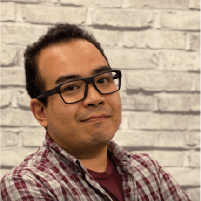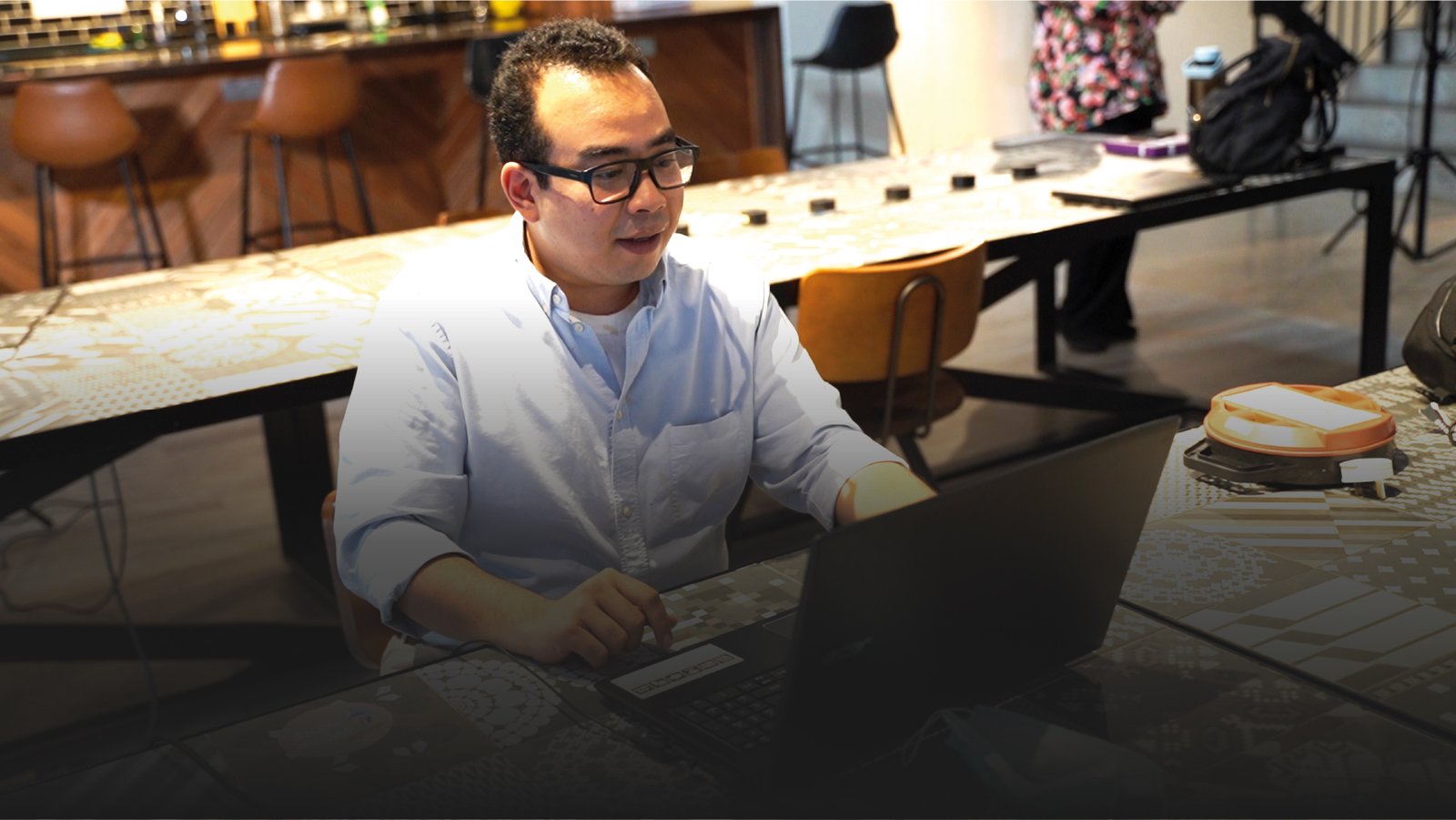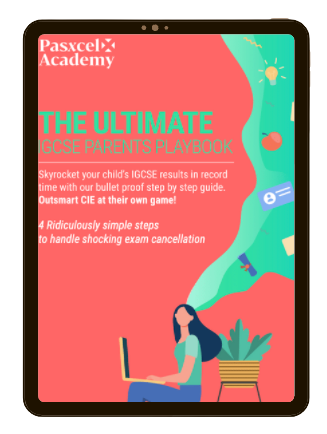Our students are expected to participate in our community events, which include activities such as debates, forums, trivia and book reviews. These kinds of activities usually appeal to some parents, but others might view them as impeding on their child’s study time. That somehow it would take away from them their precious time, which could otherwise be used for more “important” things like hitting the books. Perhaps they may be right (though I would be hard-pressed to agree with them even if they were), but we aren’t a robot making factory.
We are an educational institution. Our aim is to educate, not to have our students suffer through a meaningless year of memorising and doing exercises till they’ve all but forgotten what the real aim of attending school is. We don’t wish further harm on our students by telling them that learning comes only from the subjects they’ve chosen. Learning is a lifelong affair and comes from a variety of sources. Skills can be picked up anytime and anywhere. They should not be limited to the “sciences” or the “humanities”.
If our students come out of school only with a string of A*s and nothing more, then we have failed them. The ability to survive in this world is not limited to knowing the electronegativity scale of the metals. Far more important is the ability to learn. Learning is a skill and one that fewer people are picking up.
There is a reason so many of the fresh graduates applying into the working world are finding a hard time coping. They are not comfortable learning new processes and skills. They assume all that they need would be covered in their course. This is certainly not the case. And in that vein, we encourage our students to participate in book reviews, debates, in all our community activities. In these events, our students learn new things, like how to conduct research, how to analyse a book (which will help them train their analytical skills, and not just in a novel), the debates train their critical thinking skills and how to deliver an opinion with strength and persuasion. But most importantly, they are taught how to think for themselves. They are taught how to pick up a new skill. They are taught how to have opinions. They are taught how to be creative.
These are indispensable skills needed to be great. To make a mark in this world. To be producers and discoverers. Our students come out learning about learning. Finding joy in every bit of knowledge. They are excited about learning, they can ask important questions. They are critical of opinions that are not backed by evidence. They can Think! How valuable that is, how rare these days to find people who are able to Think, with a capital T.
Beyond the valuable lessons they pick up from these events, they are also building their social skills. They engage with each other in debates, they learn how to work in groups, they are taught how to value other people’s time, and they are taught how to be responsible for their part. Of course, they also have fun. Sure, in the beginning, they mumble and groan and drag their feet to these events, but given enough time, they enjoy it. They have fun. They get competitive. They show off their rhetorical skills, their creative outputs, their witty opinions. They are comfortable with sharing their discoveries and they are grateful for a place where their opinions matter.
These events DO take up their precious time. Everything we do takes up time. But its rewards are worth every second of their time. Nothing has a far greater return on investment than learning. At Pasxcel, we believe nothing learnt can be a waste of time. Everything you learn is valuable.
Written by Pasxcel’s Master Teacher, Mr Rasyad.

Maths, Add. Maths, Physics, Python Coding & World History
Masters in Theoretical Physics
Teacher Rasyad studied Theoretical Physics and for a while he was working as a theoretical physicist. His area of research was Theoretical Nuclear Astrophysics and Particle Physics. His passion for teaching Mathematics and Physics led him to become a teacher with Pasxcel where he aims to instil in his students the joy of finding things out. His classes are usually very broad ranging and engaging. And rather than just explaining the concepts, he ties it in with the students’ experiences, the mundane then becomes the beautiful. His classes tend to have a habit of going into far off regions where he takes his students on a tour of the universe, from the very big to the very small, stretching the limits of their imaginations.













